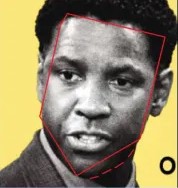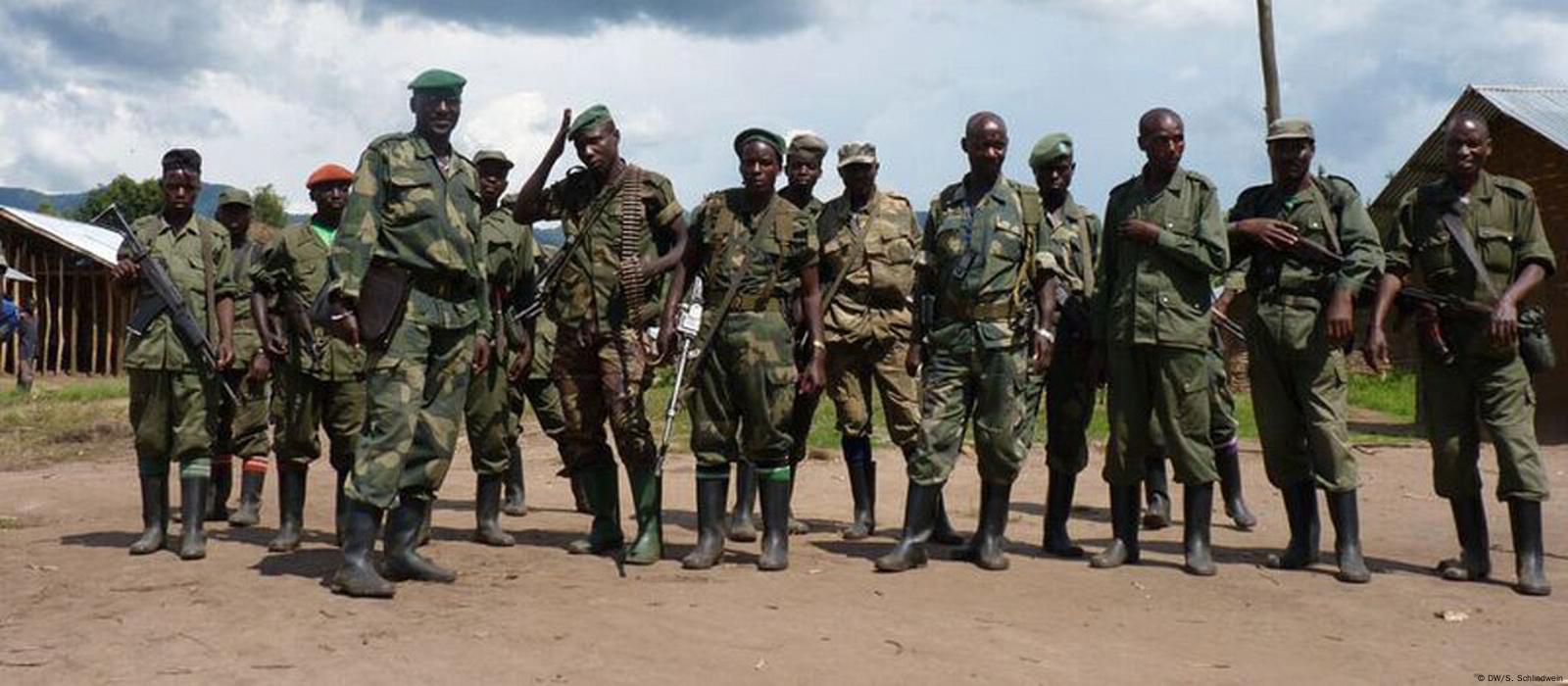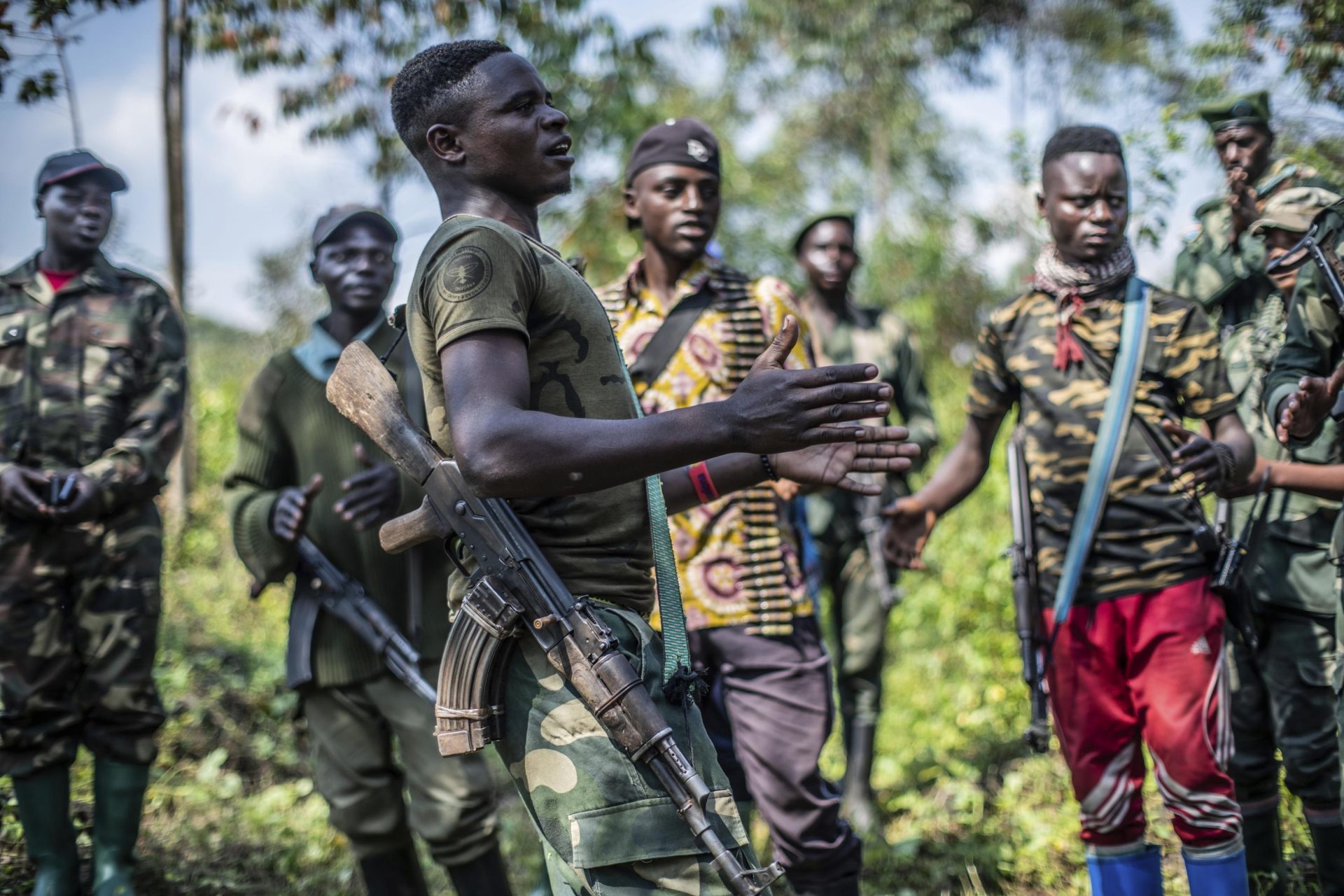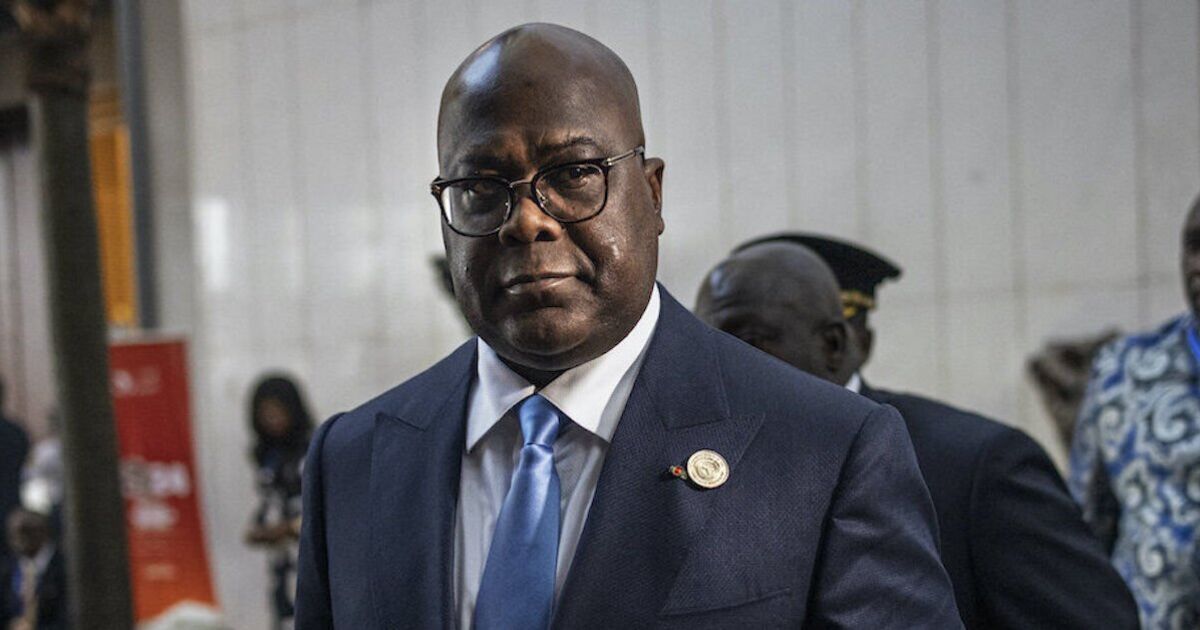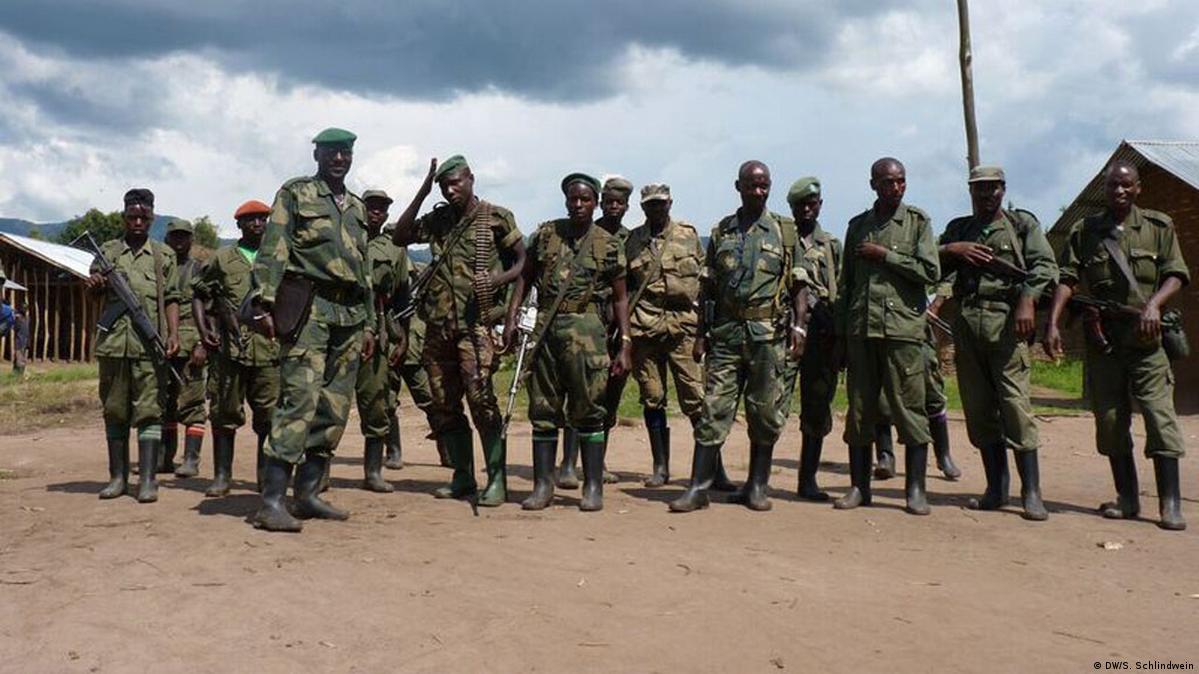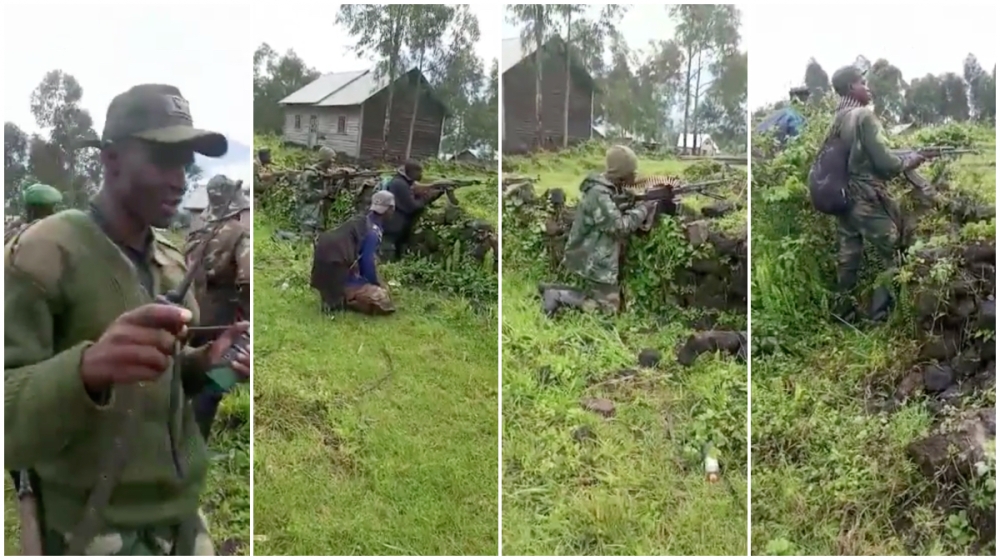Regional
Kinshasa agrees to fight FDLR
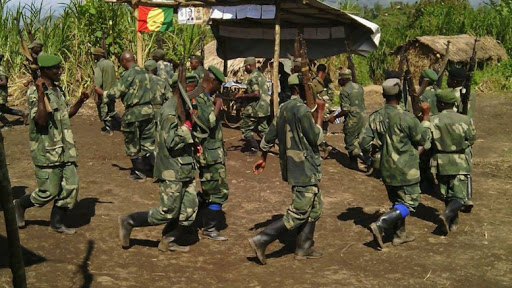
FDLR members.
Intelligence experts from
Rwanda, Democratic Republic of Congo (DRC), and Angola, concluded their
discussions on the security situation in eastern DRC, on August 8, according to
the Angolan Ministry of Foreign Affairs.
Kinshasa has tirelessly
harbored and supported the genocidal group in a bid to destabilize neighboring
Rwanda; and the vast country’s officials denied any collaboration with FDLR
despite the overwhelming evidence to the fact.
However, Sources close to The
Great Lakes Eye revealed that, in this very meeting the Congolese government
finally agreed to fight FDLR.
The question that raised
eyebrows is, would only disarming FDLR be the end of conflicts in eastern DRC?
The meeting was a follow up to
the July 30 meeting of foreign ministers from the three countries, which
ordered a ceasefire in eastern DRC’s North Kivu Province where the Congolese
army is battling the M23 rebel group which formed an alliance with other armed
groups to form Congo River Alliance, known by its French name Alliance Fleuve
Congo (AFC).
The ministers directed the
intelligence experts to review a plan devised by the Congolese government for
the neutralisation of FDLR, a DRC based terrorist group formed by remnants of
the perpetrators of the 1994 Genocide against the Tutsi in Rwanda.
The proposed plan for the
neutralisation of FDLR was developed after the first meeting of the three
countries’ foreign ministers in March.
For three decades, a lack of
good will on the part of successive Congolese governments and lack of
commitment on the part of the international community have been the major
factors underlying the failure to neutralize FDLR.
A June 2024 report by the UN
Group of Experts on DRC highlighted Kinshasa’s growing use of FDLR to fight
AFC/M23 rebels, thereby escalating the conflict and chaos in eastern DRC.
Kinshasa said it will never
acknowledge the Kinyarwanda speaking community as Congolese and since then,
they engaged in ethnic cleansing against them. The Congolese army also provided
military equipment and financing to FDLR in exchange for its role in fighting
this community, AFC/M23, in violation of the arms embargo.
“As long as I hold the
presidency of the DRC, I will never allow a delegation from the March 23
Movement (M23) or the Alliance Fleuve Congo (AFC) to negotiate in front of me.
I have expressed a desire to talk with Rwanda, not to negotiate,” Congolese President
Felix Tshisekedi declared on August 6, while in Brussels, Belgium, on Top Congo
Fm.
Probably DRC is committed to
disarm FDLR, but disarming them will not completely bring peace in eastern DRC
because Kinshasa is still fighting the AFC/M23 rebels.
Tshisekedi’s refusal to
negotiate with AFC/M23 rebels does not give hope for peace in eastern DRC. As
Kinshasa even went further, branding M23 as terrorists and some are being
prosecuted in absentia and sentenced to death, which hinders all regional efforts
towards peace.
The conflict and war in
eastern DRC is between the Congolese government and AFC/M23 rebels. So,
disarming FDLR alone without finding a durable solution to the problem of the
Congolese Kinyarwanda-speaking community will not yield any solution.
If Kinshasa really wants to
bring peace to eastern DRC, it should hold dialogue with M23 and get to the
root cause of the problem. Otherwise, military interventions will keep failing
and only put Congolese in danger since it has never been a solution to a
political problem.


